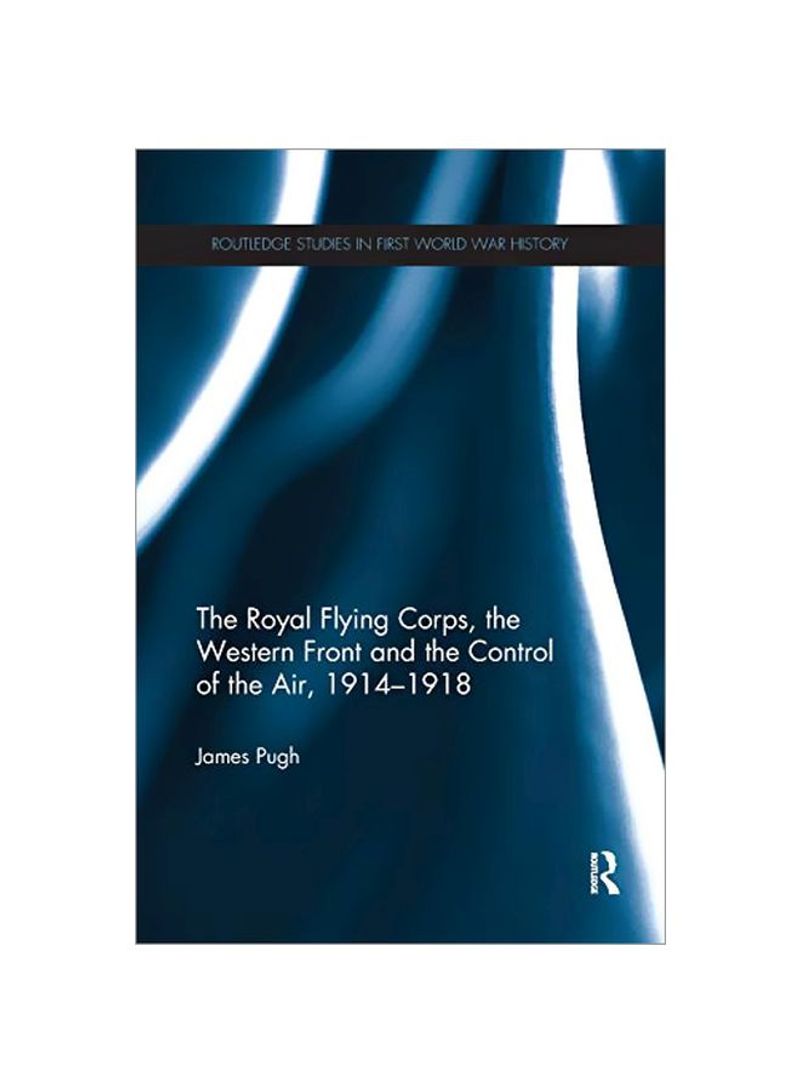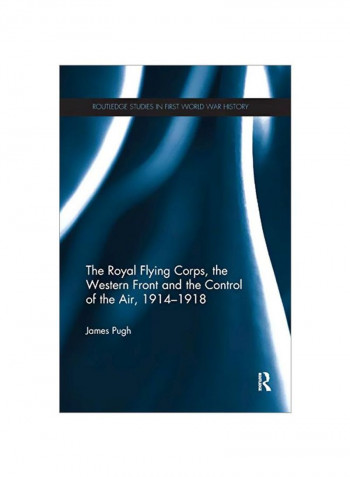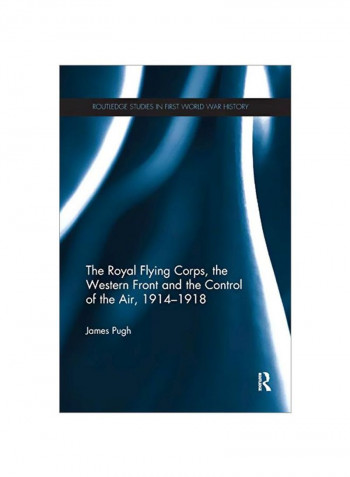The Royal Flying Corps, The Western Front And The Control Of The Air, 1914-1918 Paperback
Recommend
Sort by
Rating
Date
Specifications
Author 1
James Pugh
Book Description
By the middle of 1918 the British Army had successfully mastered the concept of 'all arms' warfare on the Western Front. This doctrine, integrating infantry, artillery, armoured vehicles and - crucially - air power, was to prove highly effective and formed the basis of major military operations for the next hundred years. Yet, whilst much has been written on the utilisation of ground forces, the air element still tends to be studied in isolation from the army as a whole. In order to move beyond the usual 'aircraft and aces' approach, this book explores the conceptual origins of the control of the air and the role of the Royal Flying Corps (RFC) within the British army. In so doing it addresses four key themes. First, it explores and defines the most fundamental air power concept - the control of the air - by examining its conceptual origins before and during the First World War. Second, it moves beyond the popular history of air power during the First World War to reveal the complexity of the topic. Third, it reintegrates the study of air power during the First World War, specifically that of the RFC, into the strategic, operational, organisational, and intellectual contexts of the era, as well as embedding the study within the respective scholarly literatures of these contexts. Fourth, the book reinvigorates an entrenched historiography by challenging the usually critical interpretation of the RFC's approach to the control of the air, providing new perspectives on air power during the First World War. This includes an exploration of the creation of the RAF and its impact on the development of air power concepts.
ISBN-13
9780367275372
Language
English
Publisher
Taylor & Francis Ltd
Publication Date
29 Apr 2019
Number of Pages
190
About the Author
James Pugh is a Lecturer in Modern History at the University of Birmingham, UK. His research explores Modern British History in the era of the two World Wars. This includes the history of air power during both conflicts, and he has published on air power leadership and doctrine. His latest research explores the history of amphetamines in Britain between 1935 and 1945, which includes articles in the Journal of Contemporary History and War in History.
Editorial Review
"The seven chapters trace the chronological development of air fighting in WW1 concentrating on what was written about the broad aims of the strategy and its effect on the land battle...The result is a useful round-up and analysis of practically everything which was written at the time on 'air superiority' or 'control of the air'." - Sir Roger Austin, Afterburner Book Reviews "...this book has much to recommend for a wide audience. It is an essential read for those who study the First World War and air power. It is also of significant interest to anyone who wishes to better understand the sacrifice and determination required to gain and maintain control of the air and the benefits that brings to our fighting forces and civilian population." - Squadron Leader Phil Clare, Air Power Review, Vol. 21 No. 1 "James Pugh provides a concise and forceful addition to the literature, exploring airpower concepts that were theorized in peacetime and which were proven amid the sanguinary realities of the war." - Nicholas Sambaluk, United States Air Force, Air Command and Staff College, Journal of Military History "Pugh's study makes an original and significant contribution; it is absolutely essential reading for anyone wanting to write about the subject of military aviation in the First World War or the history of British Air Power" - Michael Molkentin, University of New South Wales, Journal of the Society for Army Historical Research.



